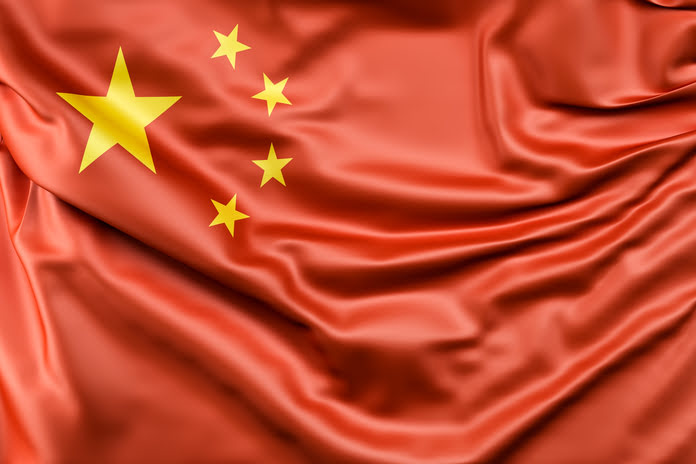Chinese consumer sentiment appears to be on the rise, with a significant uptick in travel during China’s Lunar New Year holiday. Official reports indicate that over 61 million rail trips were taken in the first six days of the national holiday, marking a 61% increase from the same period in 2023 and the highest number recorded in the last five years according to data from Bloomberg News. The key question now is whether this surge in consumer activity indicates a sustainable economic improvement in China.
State media reports, citing the Ministry of Finance, reveal that hotel sales on Chinese e-commerce platforms soared by over 60% compared to the previous year. However, some analysts remain cautious, suggesting that this year’s holiday travel boom may not necessarily translate into a broader economic upturn. HSBC Holdings Plc pointed out that while Chinese consumer spending exceeded expectations, this achievement was against the backdrop of the country still grappling with a severe COVID-19 outbreak last year.
The increase in travel and spending is a positive development for the Chinese economy, which is facing challenges this year due to the ongoing property crisis and persistent deflationary pressures. Consumer prices in China dropped by 0.8% year-on-year in January, the lowest level since 2009, prompting calls for increased government stimulus to support economic growth. Shanghai, for example, reported a significant increase in tourist numbers just before the Lunar New Year holidays, with a 50% year-on-year rise to 8.8 million tourists according to China Central Television.
During the New Year holidays, Chinese consumers also showed a willingness to spend more. Meituan, an online platform delivery company, reported a 36% increase in average daily consumer spending on its platforms compared to the same period last year, surpassing pre-COVID levels from 2019. Additionally, restaurant spending surged in the first five days of the Chinese New Year holidays, with group order volumes rising by 161% compared to last year.
Despite these positive signs, consumer confidence in China has been shaky due to the ongoing property crisis and a downturn in the stock market. This decline in confidence has impacted sales of high-value items, such as passenger cars, which saw a 26% drop in sales in January compared to December, according to the China Association of Automobile Manufacturers. Gary Ng, senior economist at Natixis SA, cautioned that the sustainability of increased consumer spending during the holiday season remains uncertain, noting, “It is uncertain if this can fully offset the consumption shift away from durable goods, and the downgrade trend for some residents.”
Featured Image: Freepik

















